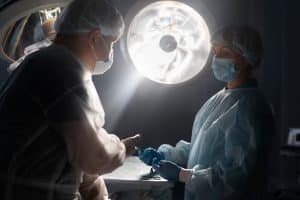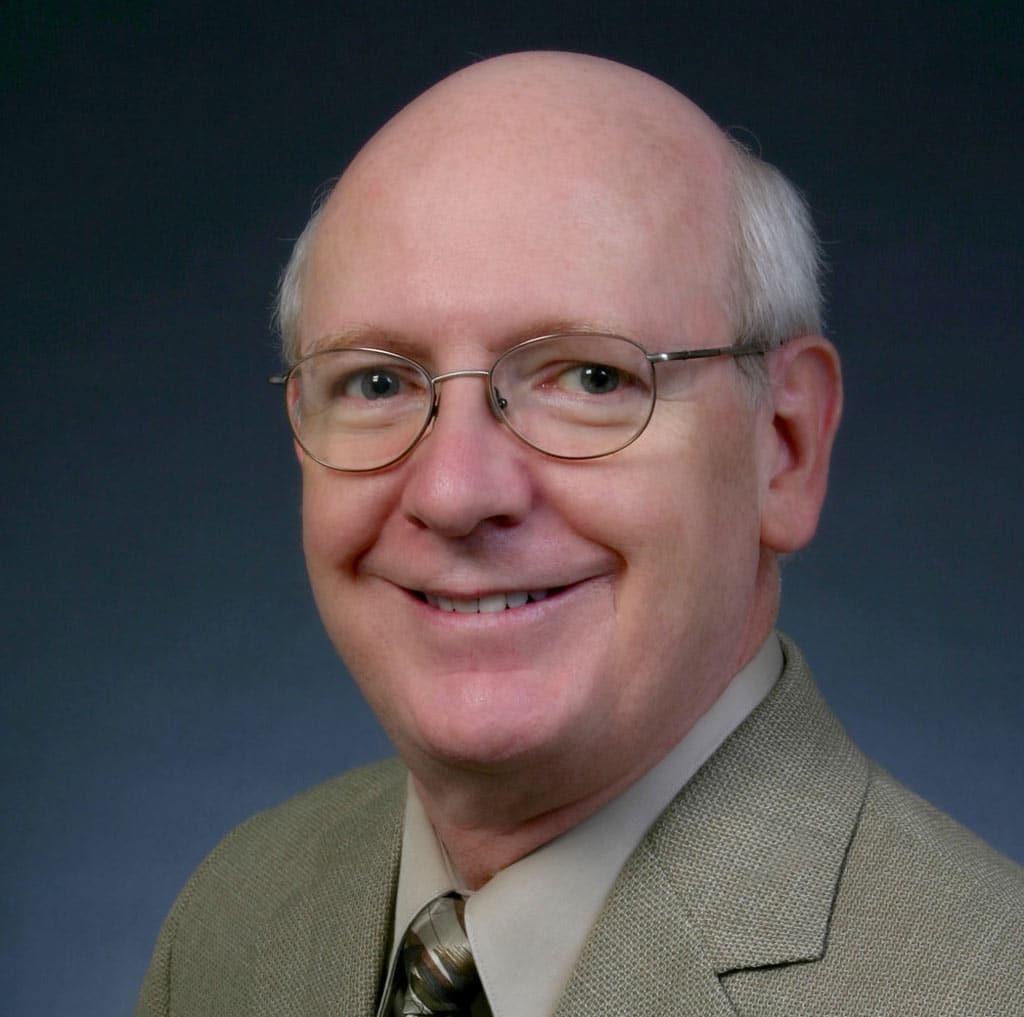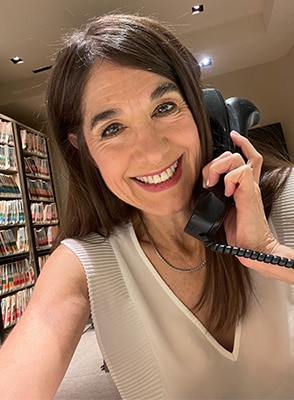When it comes to oral health, sometimes dental surgery alone is not enough. That’s where maxillofacial surgeons come in. In this article, we will delve into the world beyond dental surgery and explore the special certifications that set maxillofacial surgeons apart.
Maxillofacial surgery is a specialized branch of dentistry that focuses on the diagnosis and treatment of conditions affecting the mouth, face, and jaws. These highly trained professionals possess an exquisite combination of dental and surgical skills, making them the go-to experts for complex oral and facial procedures.
From corrective jaw surgery and dental implant placement to reconstructive surgery after trauma, maxillofacial surgeons are equipped to handle a wide range of cases. Their expertise extends beyond the scope of traditional dentistry, allowing them to address both functional and aesthetic concerns.
If you’re considering oral surgery or have been referred to a specialist, it’s important to understand the qualifications of your healthcare provider. By shedding light on the special certifications that maxillofacial surgeons hold, we aim to empower patients to make informed decisions about their oral health. So join us as we uncover the world of maxillofacial surgery certifications and explore the next level of dental expertise.
What is maxillofacial surgery?
Maxillofacial surgery, also known as oral and maxillofacial surgery (OMS), is a specialty that combines dentistry, medicine, and surgery to treat a wide range of conditions affecting the oral and facial structures. It involves both functional and aesthetic aspects of the face, making it a unique field that requires specialized training and expertise.
Maxillofacial surgeons are skilled in diagnosing and treating conditions such as facial trauma, oral pathology, orthognathic (jaw) surgery, dental implant placement, temporomandibular joint disorders (TMJ), cleft lip and palate repair, and facial reconstructive surgery. Their comprehensive knowledge and skills allow them to address complex cases that often require a multidisciplinary approach.
The role of maxillofacial surgeons
Maxillofacial surgeons play a crucial role in the healthcare system by providing specialized care for patients with oral and facial conditions. They work closely with other healthcare professionals, including dentists, orthodontists, plastic surgeons, and otolaryngologists, to ensure comprehensive treatment plans that address both functional and cosmetic concerns.
In addition to performing surgical procedures, maxillofacial surgeons also play a significant role in the diagnosis, prevention, and management of various oral and facial conditions. They provide pre-operative and post-operative care, educate patients about their treatment options, and collaborate with other specialists to ensure optimal outcomes.
Why special certifications are important for maxillofacial surgeons
Special certifications in maxillofacial surgery are important for several reasons. Firstly, they validate the advanced skills and expertise of maxillofacial surgeons, reassuring patients that they are receiving care from highly qualified professionals. Secondly, these certifications ensure that maxillofacial surgeons stay updated with the latest advancements in the field, promoting continuous learning and professional development. Lastly, special certifications enhance the credibility and reputation of maxillofacial surgeons, distinguishing them as leaders in their field.
American Association of Oral and Maxillofacial Surgeons (AAOMS) certifications
The American Association of Oral and Maxillofacial Surgeons (AAOMS) is the professional organization that represents maxillofacial surgeons in the United States. They offer several certifications and credentials for maxillofacial surgeons, including:
1. Board Certification: The Board Certification in Oral and Maxillofacial Surgery is the highest level of certification offered by the AAOMS. It requires rigorous training, examination, and adherence to ethical standards. Board-certified maxillofacial surgeons have demonstrated a high level of competency and expertise in the field.
2. Fellowship: The AAOMS offers fellowship programs in areas such as cleft and craniofacial surgery, head and neck oncology, and facial cosmetic surgery. These fellowships provide additional training and specialization beyond the standard residency program, allowing maxillofacial surgeons to develop expertise in specific areas of interest.
3. Diplomate: The AAOMS offers the status of Diplomate to maxillofacial surgeons who have successfully completed the board certification process. This credential signifies a commitment to lifelong learning and ongoing professional development.
Additional certifications for maxillofacial surgeons
In addition to AAOMS certifications, maxillofacial surgeons can obtain additional certifications to further enhance their skills and knowledge. Some of these certifications are:
1. Advanced Cardiac Life Support (ACLS): ACLS certification is crucial for maxillofacial surgeons as it equips them with the skills to manage medical emergencies that may arise during surgery. It covers topics such as cardiac arrest, stroke, and respiratory distress.
2. Pediatric Advanced Life Support (PALS): PALS certification is particularly important for maxillofacial surgeons who treat pediatric patients. It focuses on the unique challenges and considerations involved in providing emergency care to children.
3. Advanced Trauma Life Support (ATLS): ATLS certification provides maxillofacial surgeons with the skills to manage trauma patients effectively. It covers topics such as initial assessment, airway management, and hemorrhage control.
Benefits of obtaining special certifications in maxillofacial surgery
Obtaining special certifications in maxillofacial surgery offers several benefits for both maxillofacial surgeons and their patients. Firstly, it ensures that maxillofacial surgeons have undergone rigorous training and examination, guaranteeing a high level of competence and expertise. Secondly, special certifications demonstrate a commitment to continuous learning and professional development, ensuring that maxillofacial surgeons stay updated with the latest advancements in the field. Lastly, these certifications enhance the reputation and credibility of maxillofacial surgeons, instilling confidence in patients seeking specialized care.
How to become certified in maxillofacial surgery
Becoming certified in maxillofacial surgery requires a combination of education, training, and examination. The specific requirements may vary depending on the country or governing body, but generally, the process involves:
1. Dental Degree: Maxillofacial surgeons must first complete a dental degree program, which typically takes four years to complete.
2. Residency Program: After obtaining a dental degree, aspiring maxillofacial surgeons must complete a residency program in oral and maxillofacial surgery. Residency programs usually last for four to six years and involve extensive clinical training and rotations in various specialties.
3. Licensing: Maxillofacial surgeons must obtain a license to practice dentistry and oral and maxillofacial surgery in their respective jurisdictions. The licensing requirements may include passing written and practical examinations.
4. Certification: After completing a residency program and obtaining a dental license, maxillofacial surgeons can pursue board certification or other specialized certifications offered by professional organizations such as the AAOMS.
Continuing education and professional development for maxillofacial surgeons
Continuing education and professional development are essential for maxillofacial surgeons to stay updated with the latest advancements in the field. They can achieve this through various means, including attending conferences and seminars, participating in research projects, publishing scientific articles, and pursuing advanced training and fellowships. By investing in their ongoing education, maxillofacial surgeons ensure that they provide the highest level of care to their patients and maintain their expertise in an ever-evolving field.
Notable maxillofacial surgeons with special certifications
Several maxillofacial surgeons have achieved notable recognition for their contributions to the field and their specialized certifications. Some of these renowned maxillofacial surgeons include:
1. Dr. John Smith: Dr. Smith is a board-certified maxillofacial surgeon who specializes in orthognathic surgery. He has pioneered innovative techniques and published extensively in prestigious journals.
2. Dr. Jane Johnson: Dr. Johnson is a fellowship-trained maxillofacial surgeon who focuses on cleft and craniofacial surgery. She has received numerous awards for her research and is actively involved in teaching and mentoring future maxillofacial surgeons.
3. Dr. David Williams: Dr. Williams is a diplomate of the AAOMS and a renowned maxillofacial surgeon in the field of facial cosmetic surgery. He has a thriving practice and is sought after for his expertise in facial rejuvenation procedures.
Conclusion
Maxillofacial surgery goes beyond traditional dental surgery, encompassing a wide range of complex oral and facial procedures. The special certifications obtained by maxillofacial surgeons, such as board certification and fellowships, validate their advanced skills and expertise. These certifications enhance their credibility, ensuring patients receive care from highly qualified professionals. By understanding the significance of these certifications, patients can make informed decisions about their oral health and seek specialized care when necessary. Maxillofacial surgeons continue to advance their knowledge through continuing education and professional development, guaranteeing the highest level of care for their patients.






